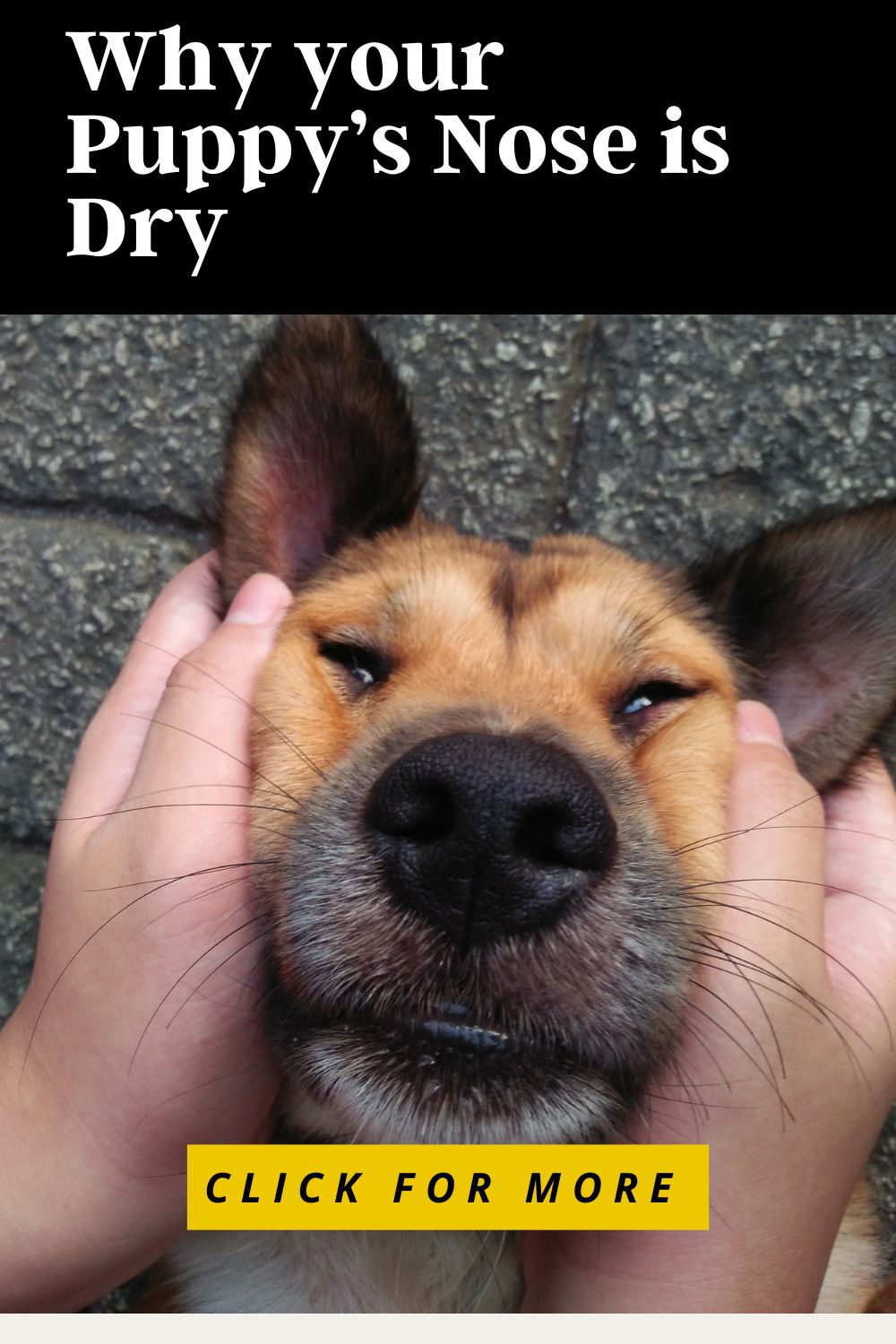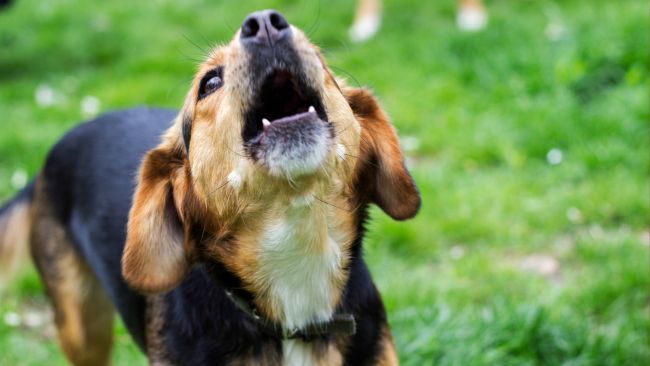When you’re learning to take care of an adorable little puppy, it’s only natural to have concerns about any unusual symptoms or physical changes. This natural concern is the reason why many puppy owners become anxious when they notice that their beloved canine pals are suffering from dry noses.
Commonly, most pet owners associate healthy puppy noses with moistness; that’s why dry nasal tissues (with or without cracking and inflammation) may seem disturbing. If you’re puppy’s nose seems dryer than it should be, try not to worry too much.
Usually, this sort of dryness is simply the result of temperature changes in or out of doors, and it’s not an indication of any dread disease.
For example, if Fido’s been lying around near a radiator or woodstove, he may be drying out his tender nasal area; however, time spent in other temperatures will tend to restore proper moisture levels in his delicate nasal tissues. Using a humidifier in your home is one tried-and-true way to regulate indoor temperatures and to add moisture to the air. This precious moisture will help to keep your pet’s nose healthy.
Any scabs, raised rashes, or other skin health issues that are occurring at the same time as general dryness in the nasal area should be checked out by a vet. Sometimes, infections, fevers, allergic reactions, and other illnesses may trigger dry puppy noses, and these ailments may require shots, antibiotics, or ointments in order to clear up. Without proper treatment to kill germs or calm down inflammation, dryness may get out of hand and begin to make your sweet pet feel very uncomfortable and under the weather.
When deciding how to approach your puppy’s dry nose problem, always monitor the behaviour of your dog. If your pet is listless or displays any other marked changes in behaviour (such as loss of appetite or aggressiveness), it’s time to get your little friend checked out by a trained veterinarian.
Look for Other Symptoms
If dryness or flaking skin is present and your puppy’s nose is also changing color
(from dark to pink), there may be something else going on with your young dog’s health. Usually, these types of color changes signal the presence of the autoimmune disease known as Vitiligo. This disease doesn’t harm your young dog, but it does wipe out the special cells that bring pigment to the nose (and to other areas of your pet’s body).
If you notice color changes on the nose or elsewhere on your young dog’s body, you should take him or her to the vet. Only a veterinarian is qualified to perform the biopsy that is needed to correctly diagnose Vitiligo. There may be some healthy and beneficial supplements that will help your puppy to get his natural color back.
Loss of pigmentation in the nose may cause drying of tissues due to increased sun sensitivity. Putting sunscreen on your pup’s nose before an outing may be a great way to minimize irritation. Ask your vet which sunscreen brands are safe for your young canine, or check with a reputable pet store chain representative.
Puppies aren’t usually at risk for skin cancer, but it’s always a remote possibility, so be certain to treat any nasal dryness with a moisturizing sunscreen. In rare cases, puppies may have dry noses due to solar dermatitis, and this type of skin health issue may be a precursor to skin cancer.
Home Remedies for Dry Puppy Noses
Aside from humidifiers and sunscreens, making sure your puppy is eating a healthy diet and getting enough hydration is very important. When puppies are ill-fed or dehydrated, they don’t get the nutrition and fluids that they need to feel healthy, and their mucous membranes and tissues may grow very dry. In general, puppies should be fed high-quality puppy chow (kibble) once or twice a day, along with plenty of fresh water. How much a puppy eats and drinks should depend on his or her weight and age. Combine a healthy diet with proper socialization and lots of outdoor playtime to ensure that your puppy has a good, balanced lifestyle.
If you suspect that your dog is reacting to something in your home environment (such as plastic food bowls or dog toys), replace these items with stainless steel or hypoallergenic versions. Clues that dry puppy noses are being caused by allergies to dog toys, food bowls, or other items include redness and inflamed tissue on or around the nose, mouth and eyes.
With a little TLC from you (and a little help from your local vet), your puppy will be able to enjoy a moist and healthy nose again. Often, this health issue comes and goes, signalling some passing infection, irritation, or temperature change.
Sometimes, the causes of dry puppy noses will be more serious, but caring pet doctors usually have the medications and treatments necessary to restore perfect health in growing dogs.





.jpg)
0 Komentar